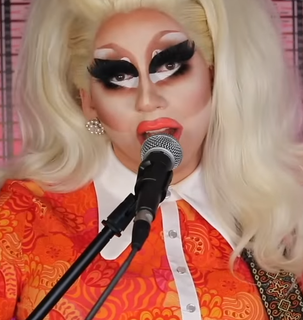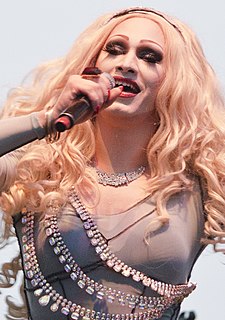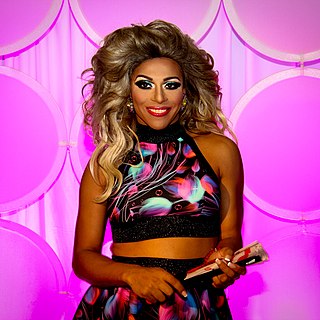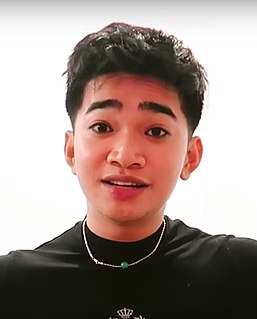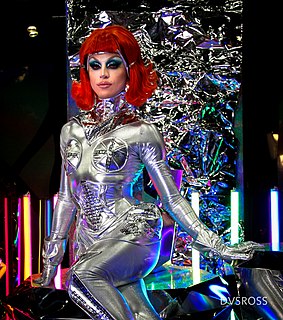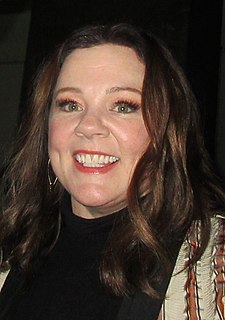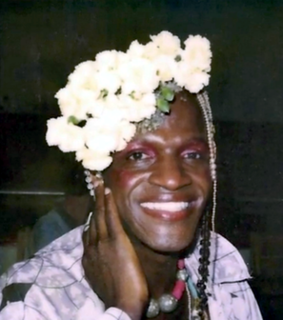A Quote by Sasha Velour
Just in my experience as a drag queen, I've been able to connect with queer people around the world - and to see them connecting with each other over a shared love of drag!
Related Quotes
At the end of the day, I just love drag so much that it's not enough for me to be a successful drag queen. I want to do right by my drag community as a whole... creating opportunities for other performers, documenting and uplifting amazing drag, and generally just contributing a lot of love and respect to our fabulous little world!
I hope people realize that drag queens and queer people, we're not just archetypes and stereotypes. We're human beings with a lot to share. And a drag queen doesn't have to just be a clown, she can also be like a cooking TV personality or like a DJ, or a talk-show host. We should be able to infiltrate TV everywhere.
I feel like I am just an entertainer. It does not matter what form I take to perform and entertain. I think I deserve being called a performer because you don't call Tyler Perry a drag queen. You don't call Will Smith a drag queen and all the other mainstream artists who use the aesthetic of drag to entertain.

